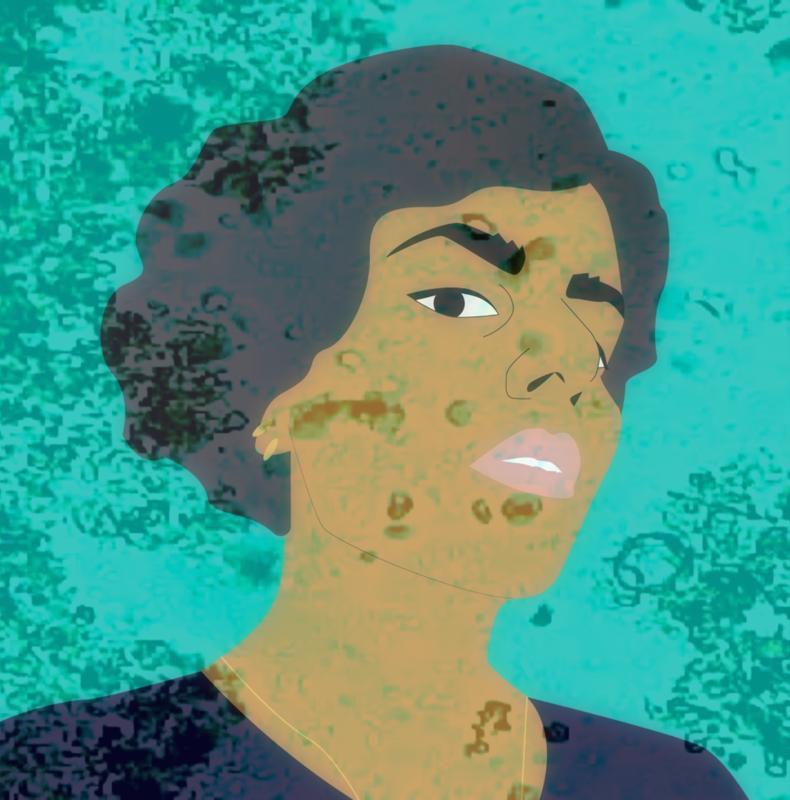Kaajal (she/they) is a multidisciplinary artist and researcher working through creative practices to explore how making in collaboration with diverse communities (human, microbial and otherwise) can be a way to recover climate heritages in ways that open up new speculations on how we might live in the future. Their practice is rooted in co-creation, and incorporates listening, fermenting, cooking, image making and interactions to create lively and situated encounters between people, organisms and ecosystems. They are presently a Postdoc at the Heritage for Global Challenges Research Centre at the University of York, in the theme of Anthropocene Encounters. They are also a Visiting Fellow at the Centre for the Social Study of Microbes (CSSM) at Helsinki University, and commissioned artist on Counterpoint Arts and Art Reach’s Climate Justice and Displacement call. They were formerly RA in Responsible Interactions at Newcastle University’s Hub for Biotechnology in the Built Environment (HBBE), where they developed artistic modes of research and engagement through which to imagine the living cities of the future in collaboration with Dr Louise Mackenzie. Projects used the lens of motherhood to invite the public to reflect on practices of inter- and intra-species care and control as a way to open up the conversation about how we live with the micro-organisms with whom we share environments, homes and even bodies.
Kaajal recently submitted their practice-based PhD, Kitchen Cultures at the University of the West of England (UWE), Bristol in Summer 2023. Their PhD research explored food fermentation and preservation in collaboration with migrant women and femmes from the Global Majority. Fermentation was both a practical mode to reduce food waste in the home, and as a conceptual metaphor through which to invite conversations about climate, culture, colonialism and relational ecologies. The project was supported by the Eden Project’s Invisible Worlds exhibition. Outcomes included a recipe/poetry book and a series of speculative ‘Eating (as) Ecology’ workshops, as well as a multispecies soundscape developed through an audio residency with Arts Catalyst.
Keywords: biodesign, feminism, landscape heritage; climate justice, art, fermentation, crafting, landscapes, diaspora
